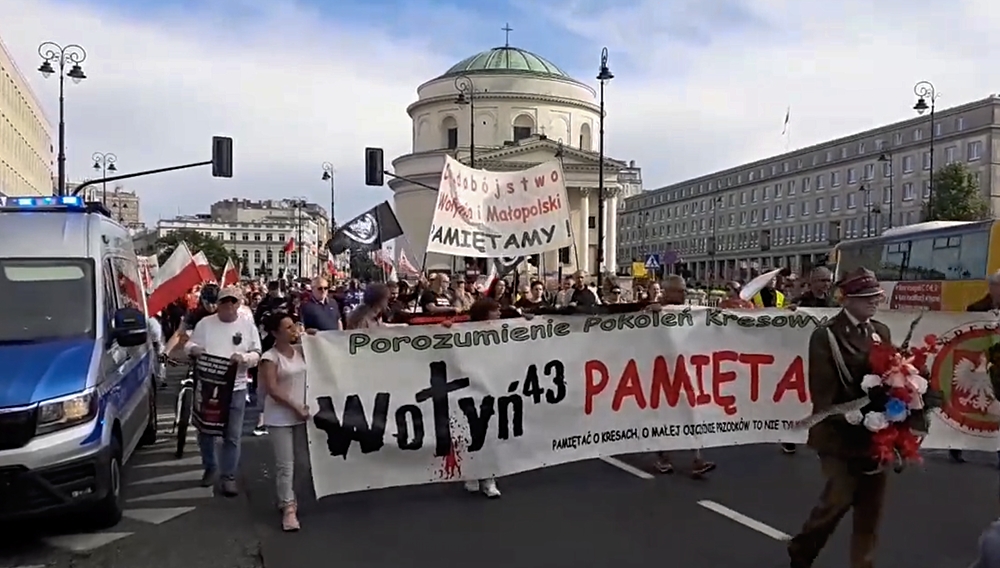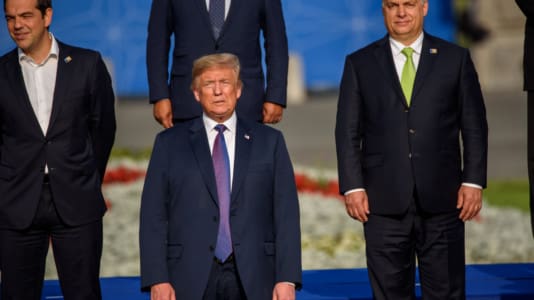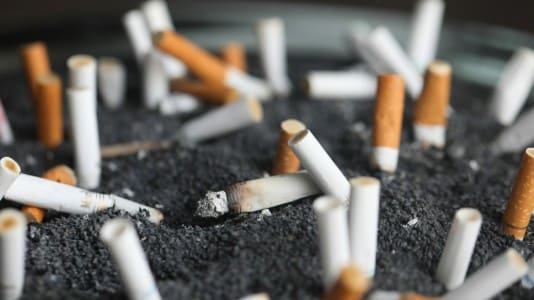The silence over the massacre of Polish citizens in Volhynia during World War II has lasted for too long, according to the well-known Catholic commentator Jan Pospieszalski
“During communist times, we were not allowed to talk about it, but its memory was upheld in families,” he said. He added that while silence on the issue was broken after 1989 with books and debates, “at the state level, not that much happened.”
Pospieszalski noted that Poland was the first country in the world to recognize Ukraine’s independence in 1991, but there was no joint approach to assessing the tragedy of Volhynia. The state authorities in Ukraine were reluctant to get involved.
[pp id=41710]
Some argue that with the current war and victims of the Bucha and Yrpin massacres, it s not the right moment to revisit the past crimes of Ukrainian nationalists. But then, it never is.
Jan Pospieszalski says he knows he risks being labeled “a Russian agent,” but he maintains that today is exactly the right moment “to loudly demand the truth about Volhynia and for it to be recognized by the Ukrainian authorities as genocide.“
Pośpieszalski said he appreciates that people find it hard to deal with the type of barbaric cruelty that took place in Volhynia and prefer not to explore it. Some also feel that Poland should avoid concentrating on its tragedies and focus instead on its successes and victories.
But he thinks Poland should learn from Israel where “the Holocaust is researched from all possible angles” and sees no reason why Poland should not do the same.
[pp id=40844]
The Catholic commentator feels that the main reason for the reluctance to follow up is international politics. The existence of the common Russian enemy makes any reference to past disputes suspicious, possibly inspired by the Kremlin. And internally in Poland, Volhynia has long been seen as within the domain of a nationalist strand of politics.
Pospieszalski says that in the end, truth is what matters most. He feels we owe it to the families of the victims. So far, 40,000 names of those murdered have been identified, but there are no doubt many more. He said the issue needs to be fully explored with the help of the Ukrainian authorities.
The moment is right precisely because it is at a time when Poles have demonstrated solidarity with Ukraine, so there will be no suspicion of Poland pursuing the matter as a hostile act. Poland has proven it is Ukraine’s ally, that it supports it, and is ready for “sacrifice and help.”
Ultimately, Poles are “owed the truth about what happened in Volhynia” concluded Pospieszalski.





